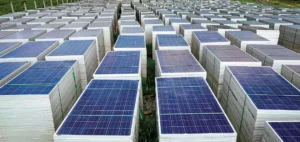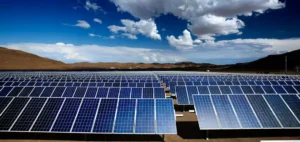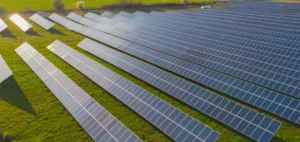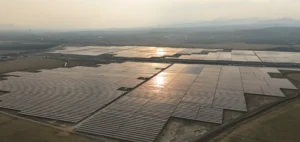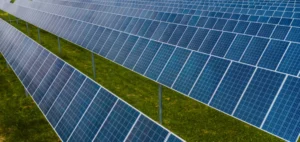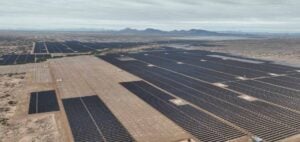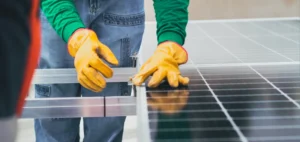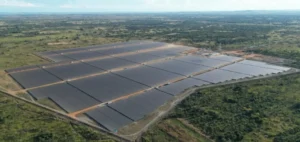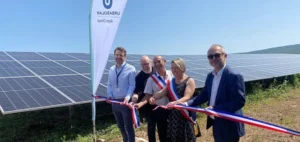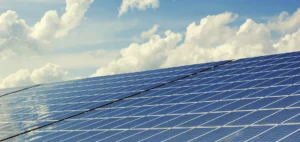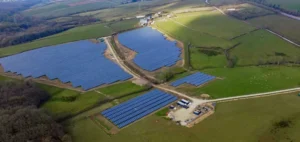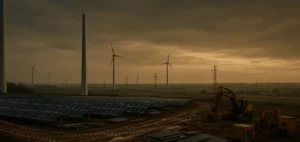The World Bank intends to help finance the construction of 1,000 solar mini-grids in Nigeria, Africa’s largest economy, in partnership with the government and the private sector, the financial institution’s president, Ajay Banga, said on Saturday.
Nigerian Solar Electricity: 1,000 mini-grids to combat lack of access to electricity
Nigeria, with a population of over 200 million, has an installed power generation capacity of 12,500 megawatts (MW), but produces only a fraction of this, leaving millions of households and businesses dependent on gasoline and diesel generators. Mini-grids, made up of small-scale power generation units, generally range in size from a few kilowatts to 10 MW, enough to supply some 200 households. Visiting the site of a mini-grid on the outskirts of the capital Abuja, Mr. Banga informed journalists of the construction of around 150 mini-grids, partly financed by the World Bank, to supply communities without access to electricity.
“We’re in the process of building 300 more, but our ambition, with the government, is to go up to 1,000. We’re talking about hundreds of millions of dollars being invested,” said Mr Banga, without giving a timetable. “The idea is not for the World Bank to be the sole investor. We invest some of the money in the form of grants”.
World Bank data show that 568 million people in sub-Saharan Africa still have no access to electricity. Worldwide, nearly 8 out of 10 people without access to electricity live in Africa.







